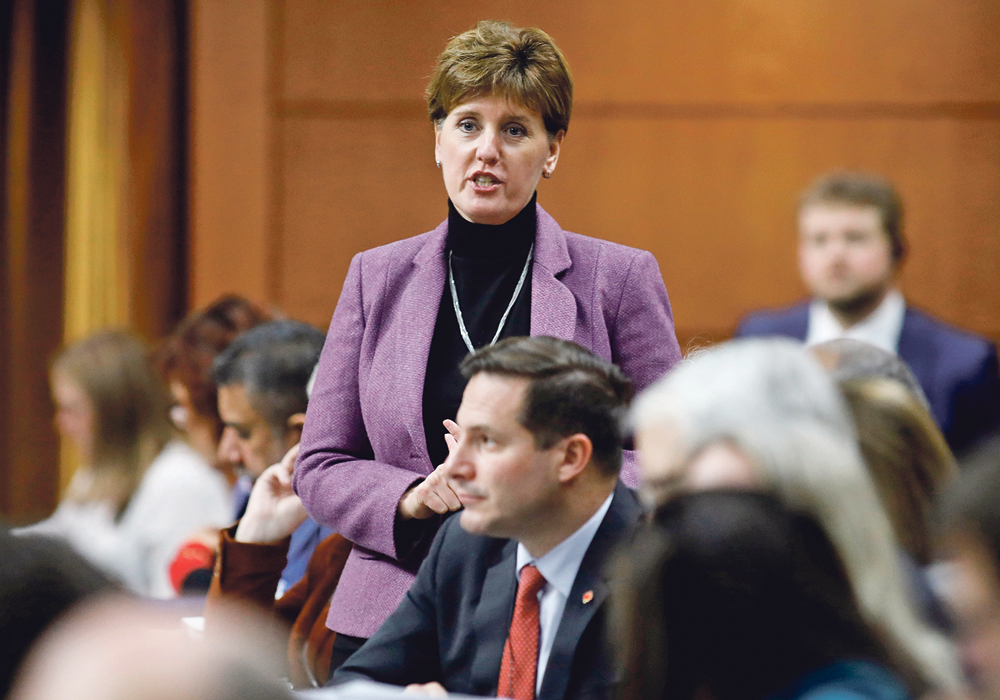Federal Minister of Agriculture Marie-Claude Bibeau is not considering ordering producers to withdraw their AgriInvest accounts.
“Not in this way. All the options are on the table for the future, but I’ve never considered asking them to withdraw, to empty their accounts, to face COVID-19,” she said during a Sept. 4 interview.
Bibeau had previously expressed disappointment over seeing more than $2 billion sitting in the accounts, which according to Agriculture Canada, exist to help farmers “manage small income declines and make investments to manage risk and improve market income.”
Read Also

Soybean market still figuring out implications of China-U.S. pact
Soybean futures had a muted reaction to the U.S. trade deal with China as the market tries to figure out the nuances of the deal.
In 2020, there has been between $2.27 billion and $2.37 billion sitting in 99,673 active AgriInvest accounts, but most had less than $10,000 in them.
After seeing those numbers, Bibeau said they “did not show that farmers had used their accounts very much” and it was “a bit disappointing to see that” while encouraging producers to spend the money available to them.
Grain Growers of Canada chair Jeff Nielsen responded by saying Ottawa has not asked other Canadians to withdraw all their savings from their savings accounts.
“Yet, it seems we’re being asked as producers, the few of us who have money in these accounts, to drain those accounts.”
In her Sept. 4 interview, Bibeau reiterated her longstanding commitment to improving business risk management programs.
She admitted there is debate among stakeholders over the purpose of AgriInvest and said it needs to be talked about.
While Bibeau said closing AgriInvest accounts isn’t on her radar, such a move isn’t unheard of.
In 1996, cheques totalling $40.1 million were sent out to 35,000 Saskatchewan farmers as part of the Gross Revenue Insurance Plan (GRIP) surplus, while another 11,727 were sent bills totalling $11.76 million to reimburse previous overpayments.
That business risk management program used historical commodity prices and crop insurance yields to offer revenue insurance to producers. It often paid out to farmers who cherry picked by seeding commodities with the best support. It also ran counter to investing in inputs to grow a bigger crop because doing so would reduce the overall payment. Eventually, government grew tired of paying out huge sums and the accounts were closed.
















